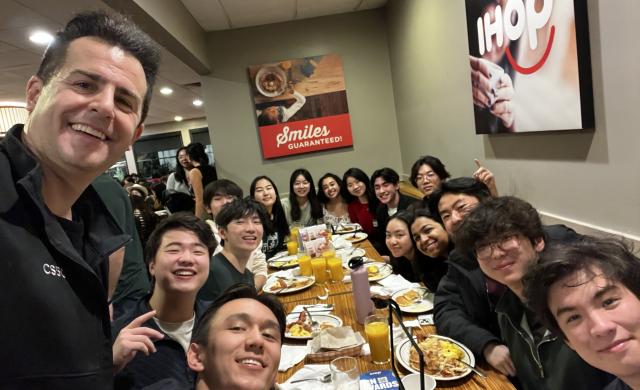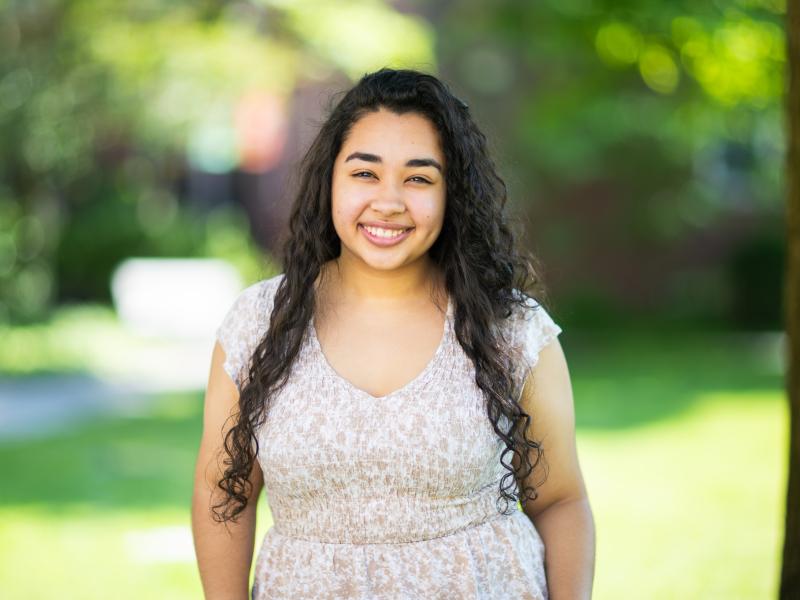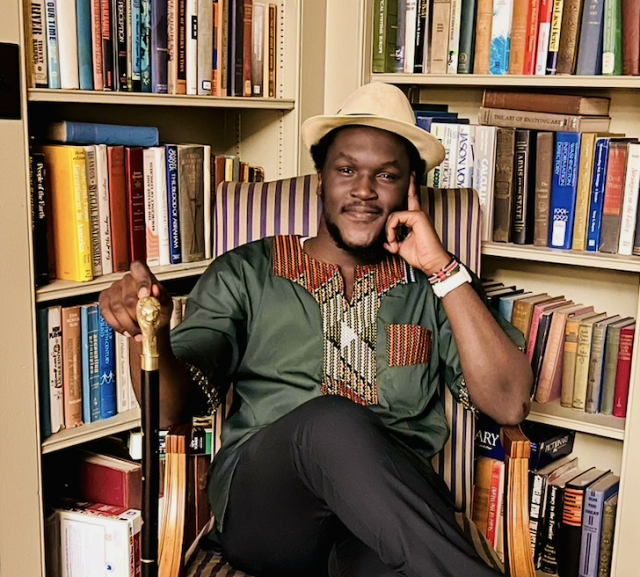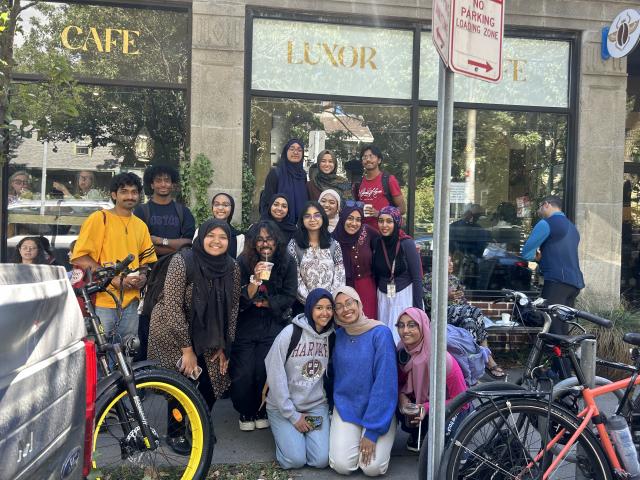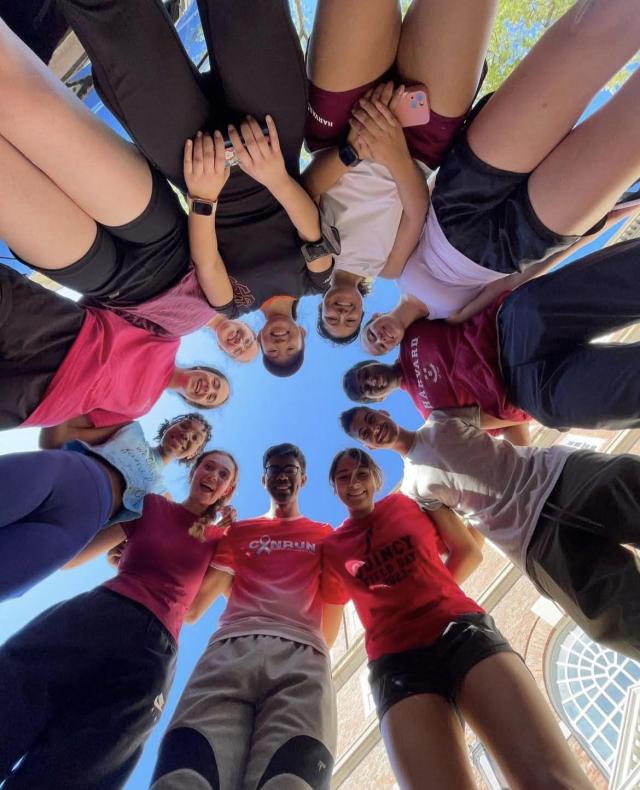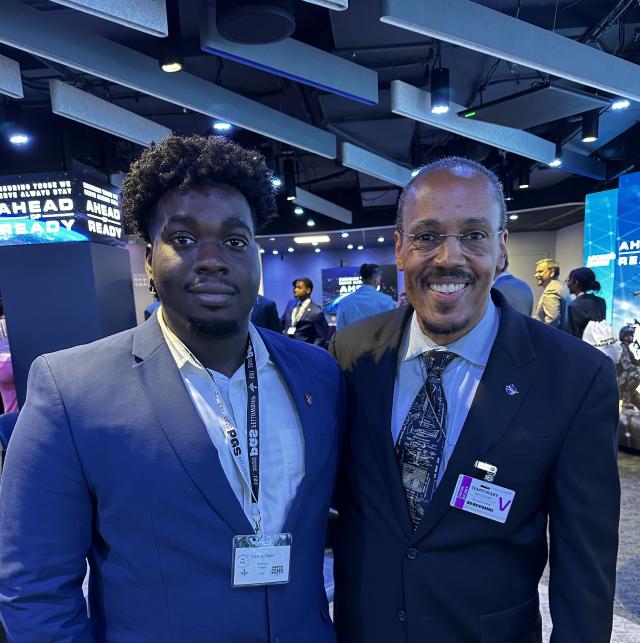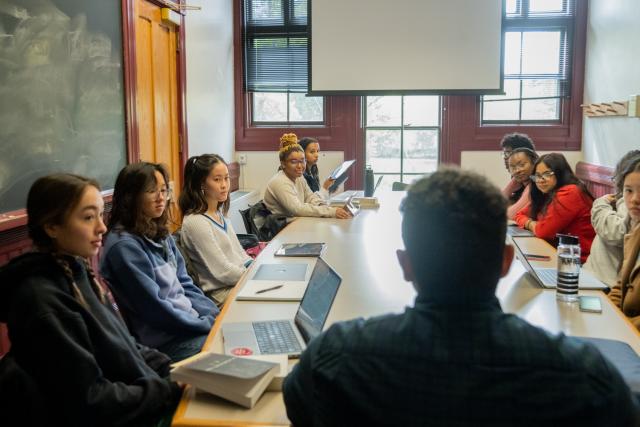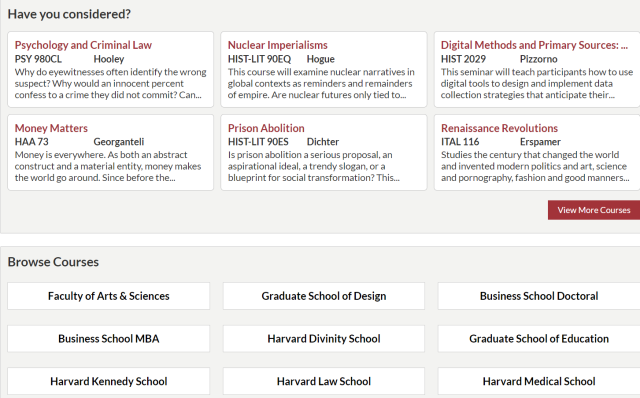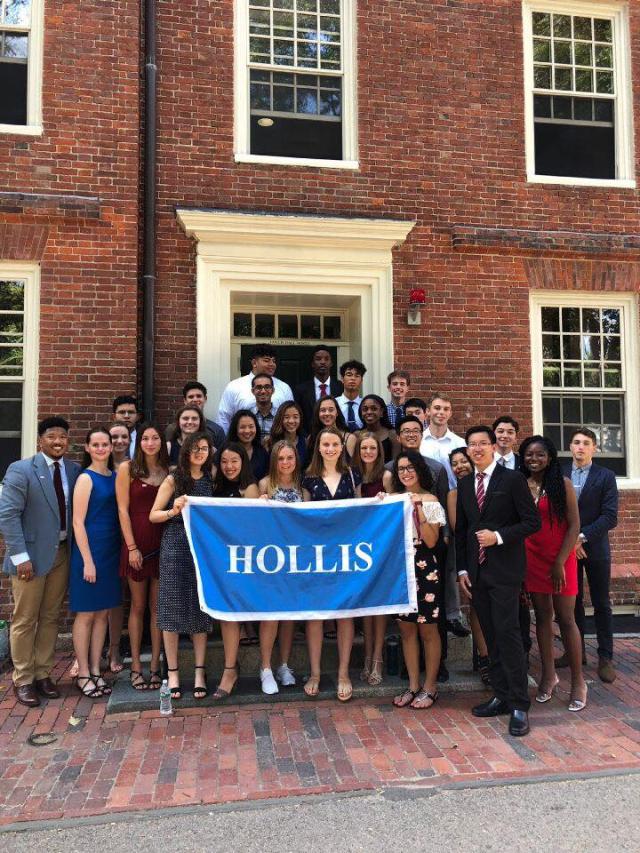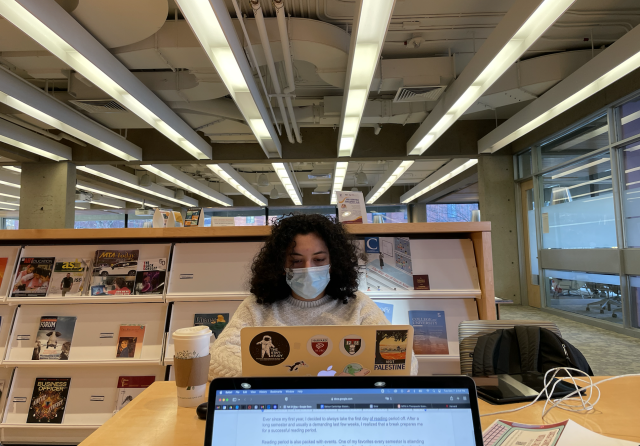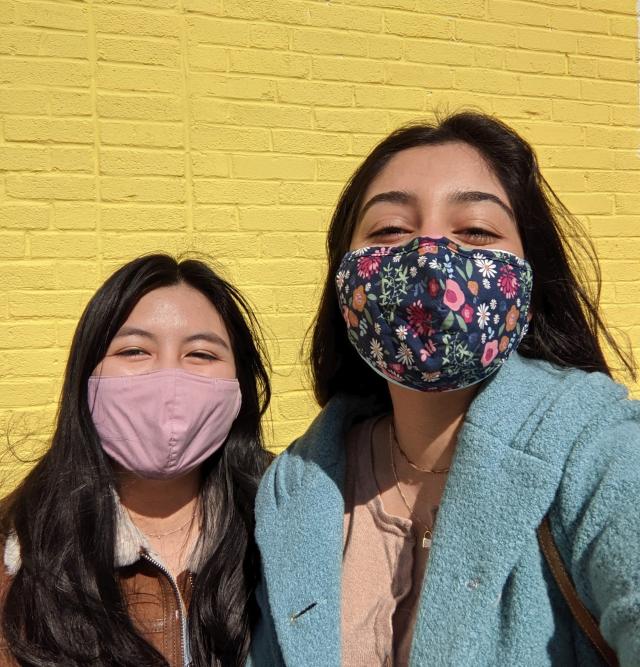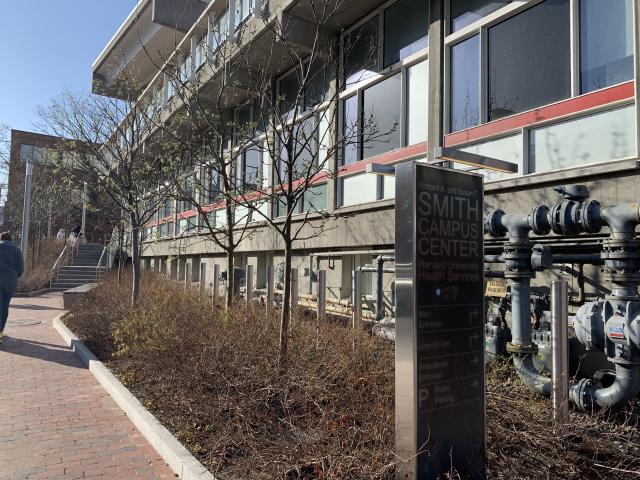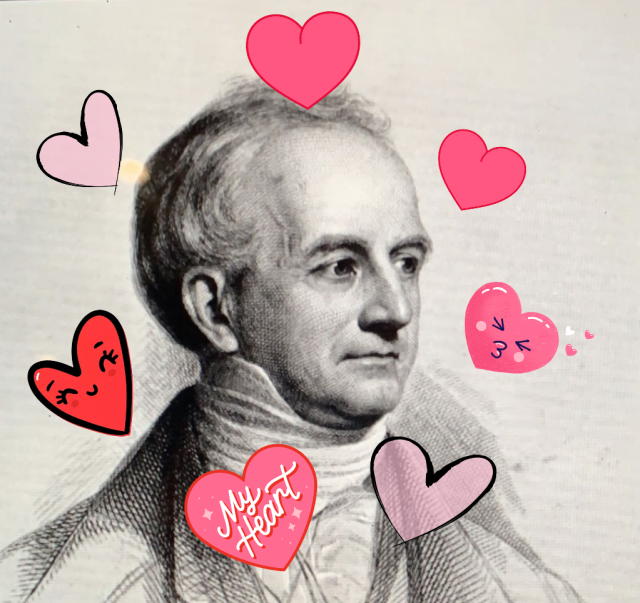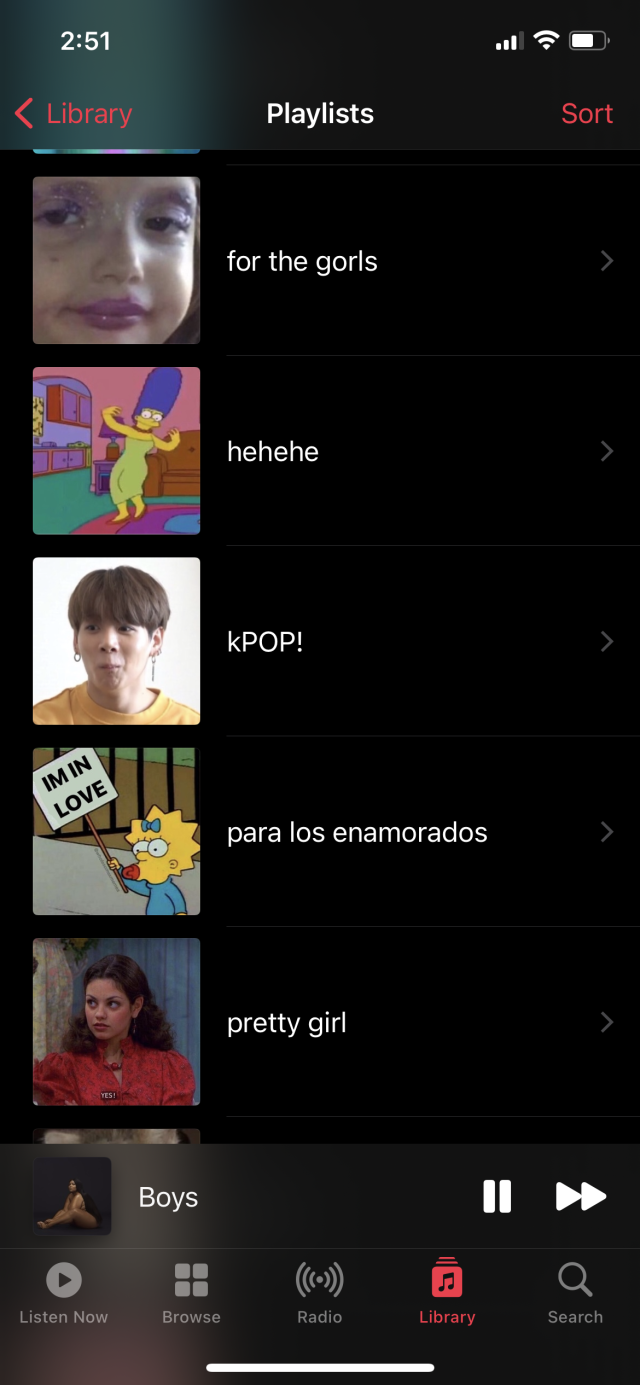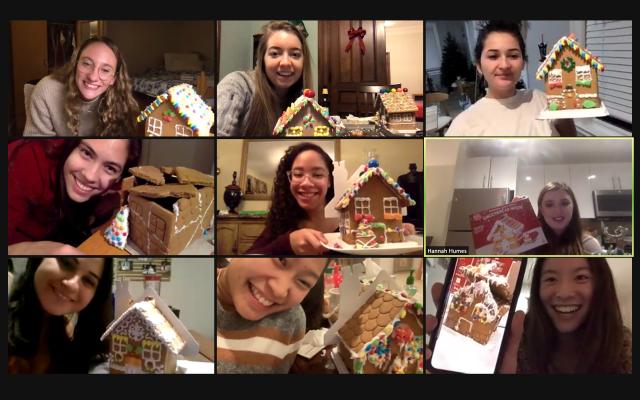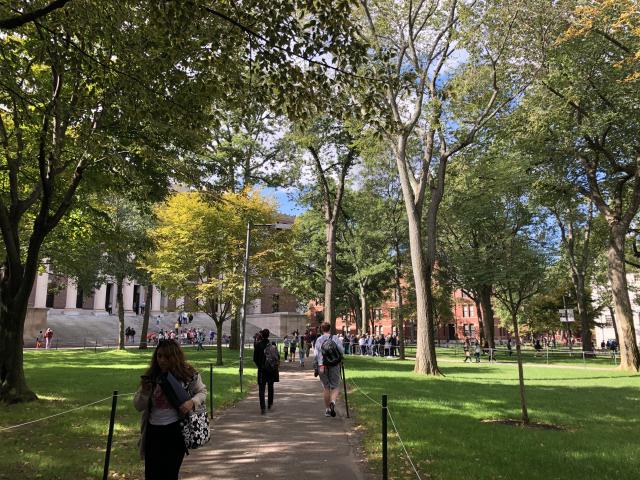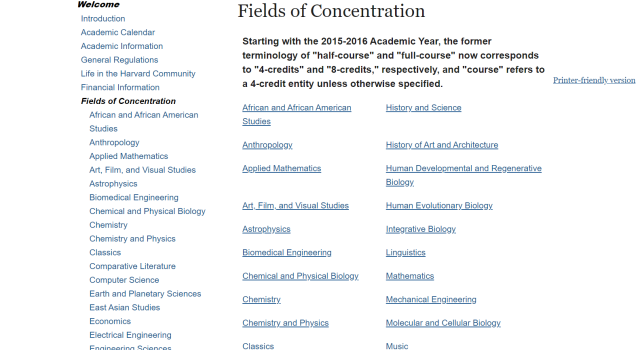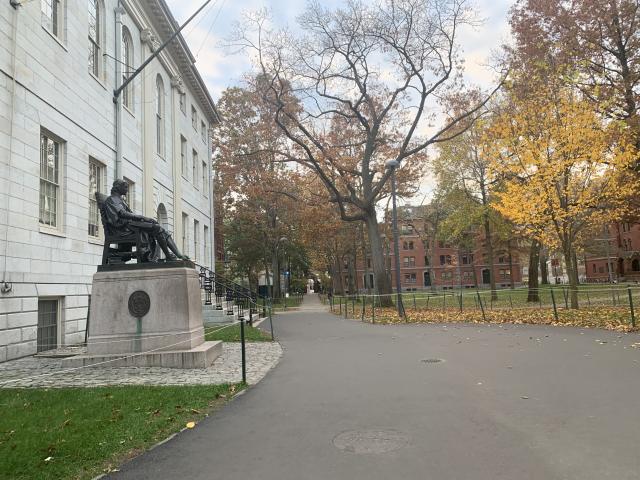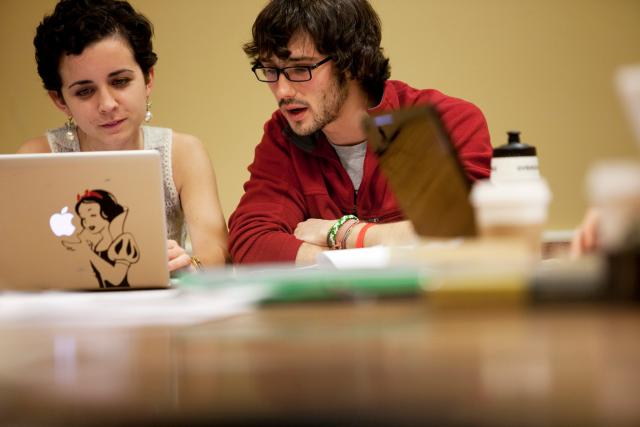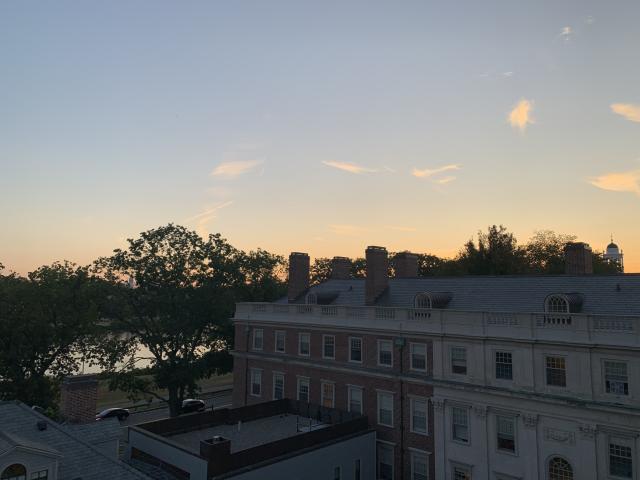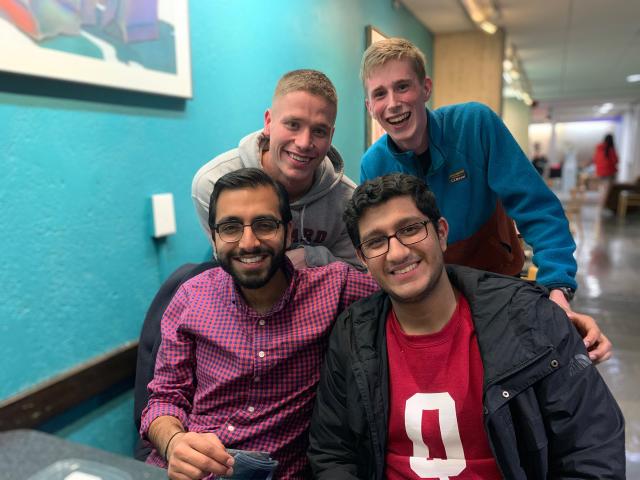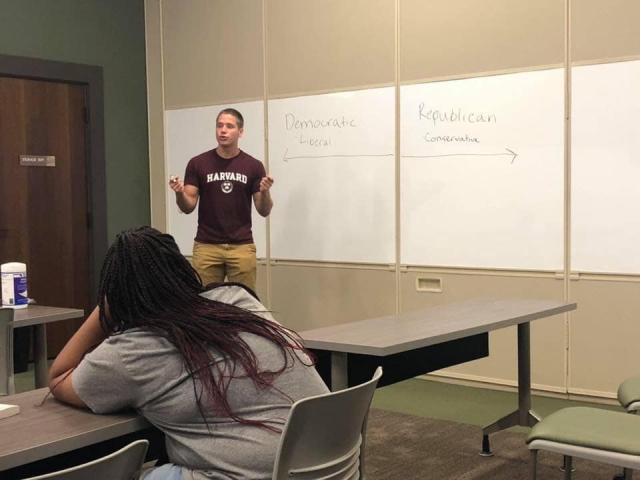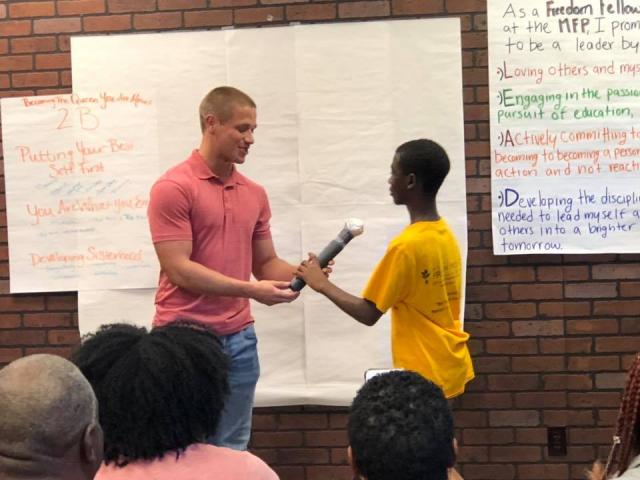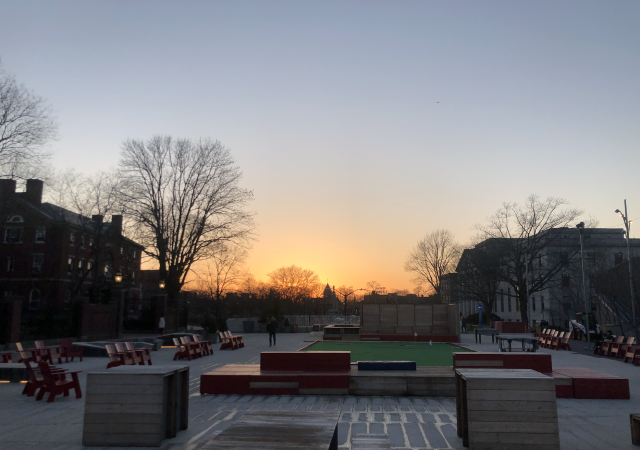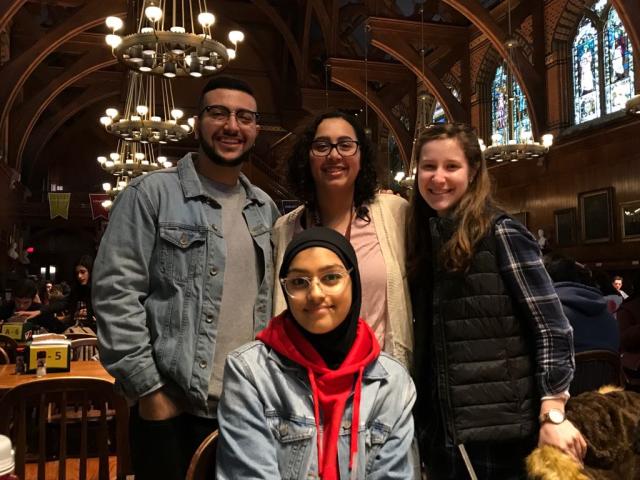At Harvard, students have a few different ways to shape their academic paths: a single concentration (considered a major at other some other schools), a joint concentration, or a double concentration.
While a joint concentration combines two fields into one integrated academic experience which typically culminates in a thesis that bridges both together, a double concentration means fully pursuing two separate academic disciplines, each with their own requirements and advising networks. I have chosen to embrace the full depth of both of my concentrations as a double concentrator. I won’t lie. My original choice stemmed from the uninformed opinion that I would never be able to find the intersection between what became my two passions — computer science and government. I no longer hold that belief as I am able continue on a path that allows me to explore the many intricacies of each concentration.
Growing up, I always knew I wanted to be a lawyer. My strengths were clear from a young age: I loved to talk, to debate, to persuade. Everything I did pointed in one direction—toward a future in law. I threw myself into speech and debate, mock trial, student government—any space where I could use my voice to advocate and think critically. Government felt like the natural academic home for all of that.
But during my senior year of high school, something unexpected happened. I had already taken most of the AP classes my school offered, and was running out of new academic challenges. On a whim, I signed up for AP Computer Science Principles—not because I planned to pursue tech, but simply because it was available. To my surprise, I loved it! For the first time, I saw how solving problems through code could feel just as powerful as crafting arguments or writing essays.
So when I got into Harvard, I made a deal with myself: I’d try CS50, Harvard’s intro to computer science course. If I hated it, no harm done. But I ended up loving it. The logic, the creativity, the feeling of building something from nothing—it lit up a completely different part of my brain. That’s when I realized: I didn’t have to abandon one dream to follow another. I could pursue both. I could speak the language of politics and the language of code—and maybe use both to create change. From there on, I started my journey as a double-concentrator, but it didn’t come without its challenges.
One of the biggest challenges that comes with being a double concentrator, especially when one concentration is humanities-focused and other is STEM, is code-switching. One hour you’re coding a Python program that refuses to compile, the next you’re arguing about Rawlsian theory vs Utilitarianism. If I’m being completely honest, it can be hard at times having to constantly go back and forth, but through the struggles, I’ve found what works for me.
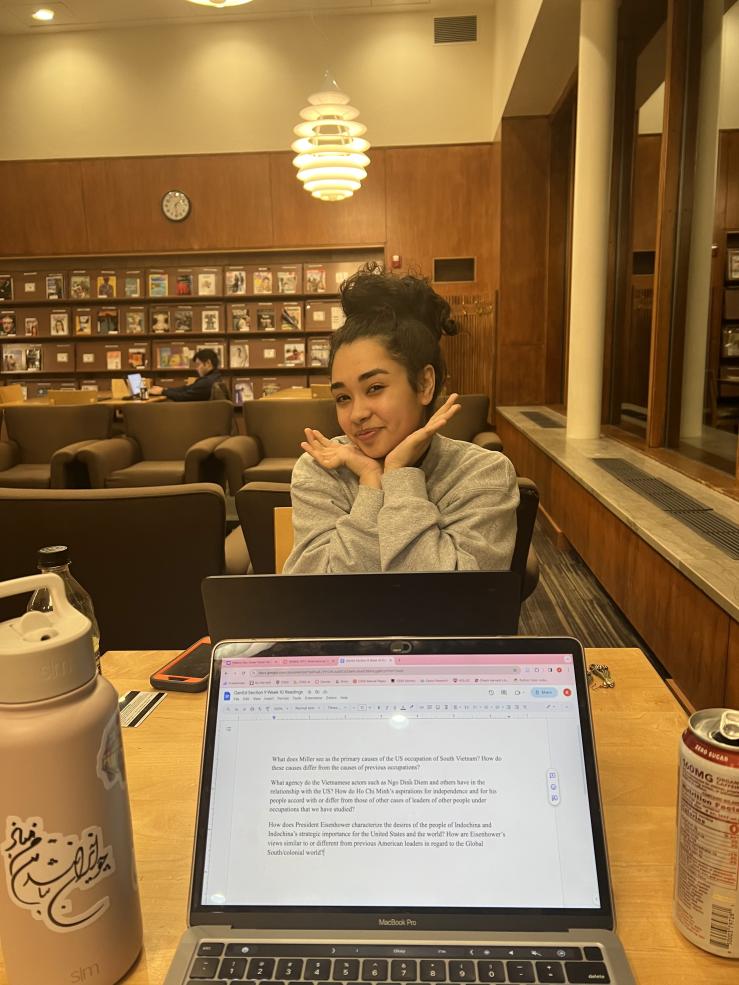
First and foremost, when it’s time for course registration, you have to lock in to make sure that course selection doesn’t overlap. I try to avoid having multiple p-set-heavy classes at once, and I’ve learned that spreading out readings across the week (instead of cramming them during the ‘Sunday scaries’) is a small but essential act of self care.
Keeping a planner, whether on paper or digital, can be extremely helpful. I use Google Calendar and Notion religiously. Some people think that sounds intense, but for me, that structure provides comfort and allows me to have flexibility.
But even with the best planning, there are trade-offs. I’ve had to pass on a lot of “fun” electives that I would’ve loved to take because my schedule is already packed with requirements. Sometimes, I feel the pressure to “do it all”—to perform at the level of a full-time CS concentrator and a full-time Gov concentrator. That pressure can be heavy, especially when assignments pile up or when I hit a wall in one class and start doubting whether I belong in either. Imposter syndrome definitely creeps in. CS, in particular, can be an intimidating space considering that I just started on my programming journey.
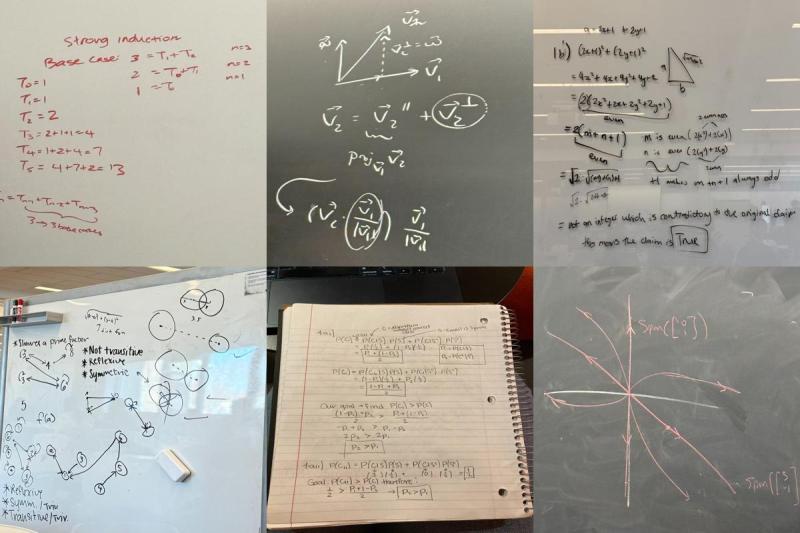
But over time, I’ve learned not to chase perfection, simply progress. I’ve learned that taking breaks is just as important as staying on schedule, and that asking for help (whether from TFs, friends, or office hours) isn’t a weakness, it’s survival. Managing two concentrations is hard. That’s not a secret. But it’s also taught me how to manage myself—my time, my mindset, my limits—and that’s a skill I’ll carry long after graduation.

